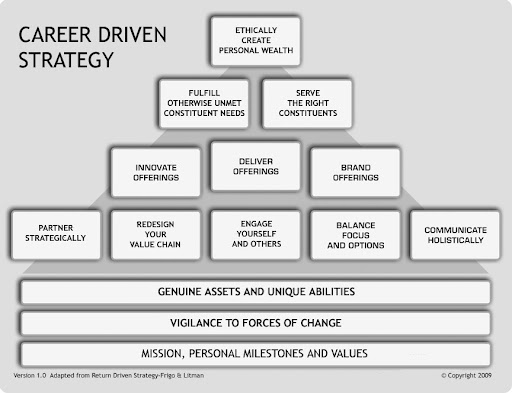Forget rush hour, try hush hour! How can you turn your commute into the most peaceful part of your day?
| From the desk of Miles Everson: Hooray, it’s Friday! I am pretty sure many of you are already excited for the weekend. I am, too! However, before we fully get into that weekend mode, let’s first talk about a topic that’s highly beneficial for all of us. Each Friday in my “Mindfulness by Miles” articles, I talk about health, wealth, well-being, happiness, future of work, book reviews, marketing, tips, etc. with hopes to help you thrive, not just survive. Any idea on what we’re featuring today? Read the article below to find out! |
Forget rush hour, try hush hour! How can you turn your commute into the most peaceful part of your day? Ever notice how we romanticize peace as something that lives “out there” ? We envision tranquil beaches, off-the-grid cabins, maybe a month-long sabbatical. We treat stillness like it’s some faraway luxury when in reality, it’s something we can access in the middle of a busy day. Even in a car. Even in traffic. Even when the guy in the pickup just cut you off… again. Here’s the truth: Life isn’t waiting for you at the end of your to-do list . It’s happening in the in-between moments—the ones you usually overlook, complain about, or try to escape from. One of those moments is the commute.
What is a mindful commute? A mindful commute is the simple (but powerful) act of being present, aware, and intentional while you travel—whether you’re driving, taking the train, riding a bike, or walking. It means approaching this routine not as a chore, but as a daily ritual to recalibrate your mind, emotions, and energy. What’s more? It’s not about perfection; it’s about presence. So, instead of white-knuckling your way through red lights and slow drivers, you breathe. You observe. You release. You reset. However, let’s face it: The average commute can feel like a frustrating blur. Yet, turning it into a moment of mindfulness has surprising benefits that ripple into every area of your life! Here are some of them:
So, what can you do to turn your commute into a zen journey?
Sometimes, the Road Isn’t the Problem—Our Mindset Is You don’t always need a yoga mat, an app, or a meditation retreat to experience presence. Sometimes, all it takes is a steering wheel, a red light, and a willingness to try. So, the next time you start your commute, ask yourself: “What if this was the most important 30 minutes of my day? What am I going to do about it?” Your answer to that question will determine what’s actually inside of you, as well as what you should do for a better shift in mindset. Hope you find this article insightful! Have a restful weekend! For a daily version of this newsletter, please subscribe here. |

Miles Everson
CEO of MBO Partners and former Global Advisory and Consulting CEO at PwC, Everson has worked with many of the world's largest and most prominent organizations, specializing in executive management. He helps companies balance growth, reduce risk, maximize return, and excel in strategic business priorities.
He is a sought-after public speaker and contributor and has been a case study for success from Harvard Business School.
Everson is a Certified Public Accountant, a member of the American Institute of Certified Public Accountants and Minnesota Society of Certified Public Accountants. He graduated from St. Cloud State University with a B.S. in Accounting.



